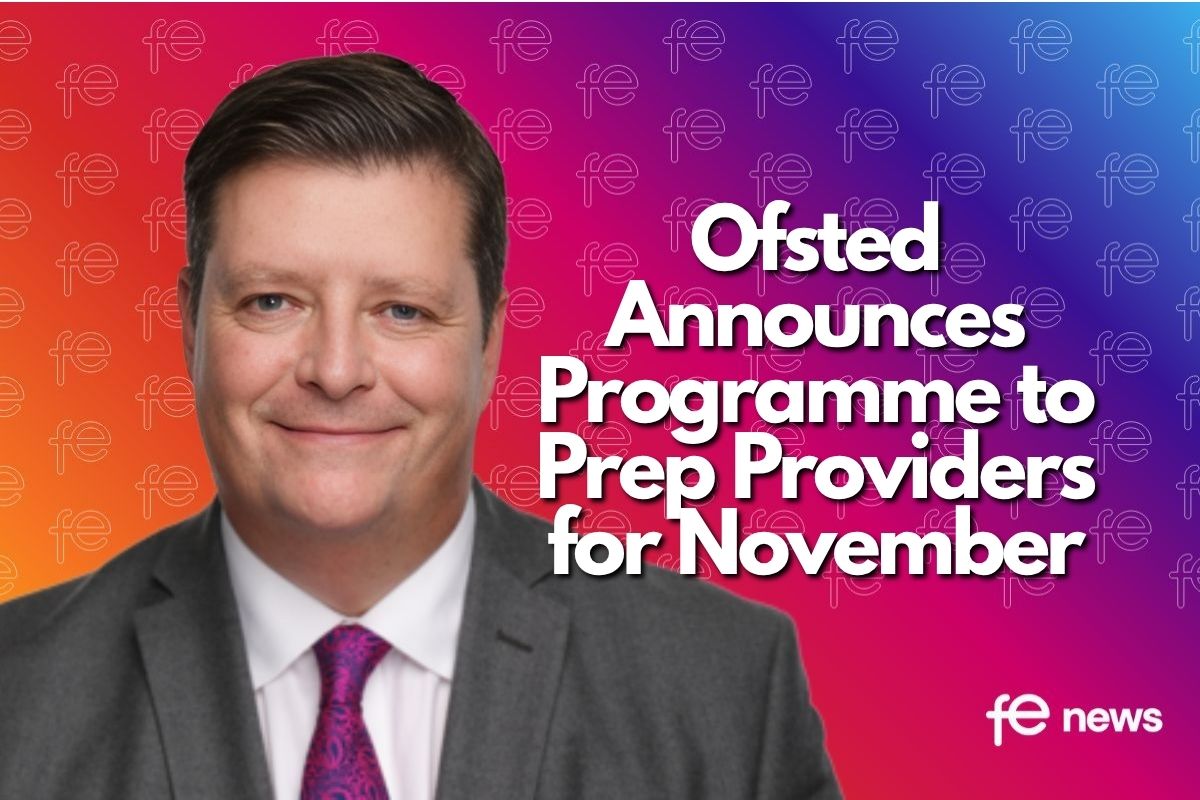Thousands of SMEs denied chance to recruit apprentices as a result of levy shortage

Two-fifths of training providers are having to turn away smaller businesses wanting to recruit apprentices because of the growing shortfall in funding from the £2.8bn #apprenticeship #levy
The levy is designed to fund the entire apprenticeship programme for large and small employers but providers are now on average turning down approaches from 40 SMEs each due to their non-levy employer funding allocation running out. Up to 40,000 small businesses could be adversely affected by the shortfall.
Employers also say that they fail to understand why the government is still running its big ‘Fire it Up’ advertising campaign for apprenticeships when they find that their chosen training provider can’t access any funding.
The findings in the latest survey of apprenticeship training providers by the Association of Employment and Learning Providers (AELP) reveal that since July, the proportion of training providers with a non-levy government contract, which have actually stopped recruitment of apprentices for smaller employers, has jumped by 14% to 31%.
29% of providers with a government contract to train apprentices for SMEs have also significantly reduced recruitment. In all, 39% of these providers have either stopped or significantly reduced recruitment.
The new AELP survey results follow the latest official government statistics showing that apprenticeship starts for young people have slumped by a quarter in the last five years bearing in mind that prior to the levy’s introduction, it was SMEs who accounted for most of the recruitment of younger apprentices.
‘Levelling up’ for SMEs in Midlands and North
The Conservative election manifesto committed the government to review how apprenticeships will be funded under the levy and in announcing that the Budget will take place on 11 March, the Chancellor confirmed that investment in skills was one of his priorities. This will certainly be necessary in the Midlands and North as part of the government’s efforts to ‘level up the whole country’.
Commenting on the latest set of survey results, AELP chief executive Mark Dawe said:
“The fact that the levy is running short of funding shows how popular apprenticeships are and the levy should be kept. But it’s totally unacceptable for both small businesses and young people that so many of them can’t start apprenticeships because of failures in how the levy funding system works and this is why it needs reform.
“Brexit requires us to meet employers’ skills needs by training more home-grown talent but many training providers have given up ‘selling’ apprenticeships to SMEs when the lack of funding means that there’s no point in doing so. In the meantime, there’s a big government advertising campaign telling employers that support is still available.
“The Prime Minister promised in July that he would ‘properly fund’ apprenticeships and the Education Secretary has said that the programme’s funding would be a matter for the spending review. As the clock ticks, thousands of young people are hearing about the success stories of their peers who have been on an apprenticeship and they can’t understand why the same opportunities aren’t available for them.”
AELP has called for the restoration of £1.5bn apprenticeship budget that was available to SMEs before the levy was introduced in April 2017. One option to cover the shortfall in funding is to increase the levy.
AELP represents around 900 apprenticeship training providers and employers who train over two-thirds of the apprentices in England.
AELP non-levy survey results (October-November 2019) key findings
- 31% of apprenticeship training providers with a government funding contract got approached by, but had to turn down business from, an SME employer due to lack of government funding – an increase of 7% on July’s findings.
- 49% of providers that weren’t given a contract have also had to turn away business away from an SME – the combining of the numbers of providers with or without a government contract means 39% of the survey respondents, i.e. two-fifths, can’t meet current SME demand for apprenticeships.
- 39% of providers with a non-levy contract have either stopped or significantly reduced apprentice recruitment due to a lack of funding.
- 18% of providers have reduced the amount of subcontracting they offer to other providers in favour of direct delivery – an increase of 6% on July.
- Providers said in response to a new survey question about unmet demand for apprenticeships over the last 12 months that on average they were unable to meet demand for 40 SME employers. 6 providers reported that they each couldn’t satisfy demand for a hundred or more SMEs.
- Providers in this survey with a non-levy contract were unable to meet demand from an average of 59 SME employers. If this were extrapolated to cover the nearly 700 providers which have had a contract since April 2017, anything up to 40,000 SMEs could be left disappointed by the current funding shortage.
- 135 providers responded to the AELP survey this time compared with 235 in July. AELP understands from its 900-strong membership that the fall in participation reflects that many have since stopped pursuing business in the SME market in the absence of more funding and therefore saw no reason to take part. In fact the latest survey found that 53% of providers are focusing more on delivering apprenticeship training for the large levy-paying employers.
- Over half (54%) of the 72 providers with a non-levy contract indicated that their government funding allocation was not sufficient to cover both the cost of apprentices on an existing programme and of new starts in an SME. This compares with the headline figure of 74% from the July survey and this fall again reflects how providers have adjusted their strategies as the pressures on the levy system have mounted since July.
- 21 providers have withdrawn or will withdraw from delivering particular standards/frameworks and 6 from whole industrial sectors.
- 5 providers said they were going to close their business.
Selection of comments submitted by training providers to the second AELP survey
- Like many training providers, we are having to turn our backs on small and micro businesses who have supported apprenticeships for many years because we do not have funding available.
- Employers fail to understand why the government ran apprenticeship advertising campaign when their preferred training provider has insufficient funding. Many of employers we have worked with for over twenty years an apprenticeship is now not the preferred option for staff.
- The only available funding is sat with providers that cannot do the niche provision.
- Lack of available funding, especially in some sectors where the large majority of employers are SMEs, is having not only a severe impact on apprenticeship numbers but also a significant impact on workforce planning. There is a real danger of this severely exacerbating the skills and qualifications gap in those sectors.
- The 79 SMEs [referred to in a providers’ response] have between them 122 apprentices they want to train, predominately in the Engineering/Manufacturing sectors across the Yorkshire/Humber region. These are companies experiencing business growth and struggling to meet this growth due to their skills shortages.
- The biggest shortage in allocation has been for the 19+ age group.
- We only have £1,000 for SME 19 plus learners until April.
- The situation is ridiculous! We are in a position where we will not be paid for a number of 19-23 starts due to the lack of non-levy funding.
- We will have used up our allocation by February 2020. Leaving 2 months without any funding.
- We service many levy paying employers comfortably, and it is so frustrating that we continually have to turn away SME employers we could service very well to our competitors.
- Due to pause in recruitment we had to make redundancies in 2018/19, which is an aspect I feel is over looked, the apprentices are important, but this has a wider impact on the local economy.











Responses